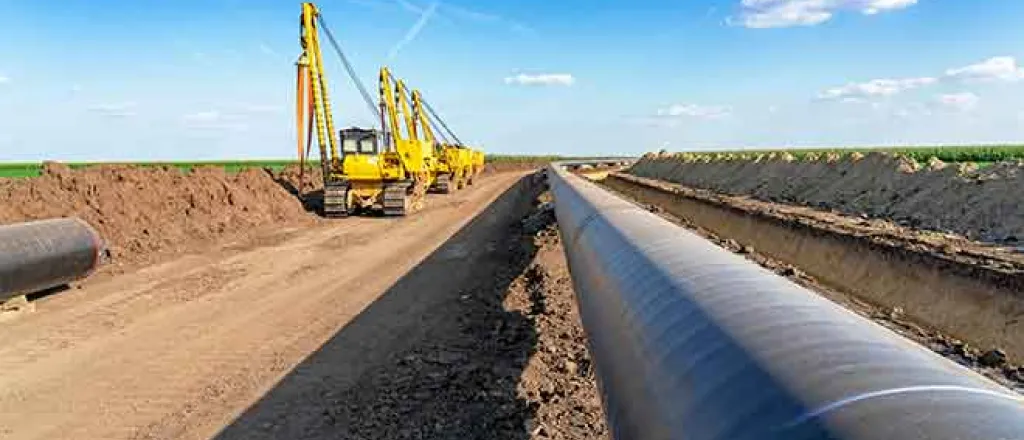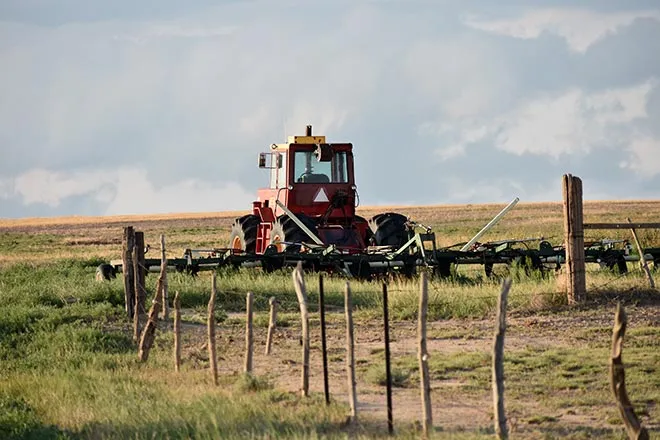
Policy expert: too many unknowns about carbon capture
(Greater Dakota News Service) South Dakota regulators could get an updated map proposal this fall from a company behind a multistate pipeline for underground storage of carbon dioxide. As that plays out, a public-policy expert says research for these endeavors doesn't look promising.
Summit Carbon Solutions wants to capture carbon emissions from ethanol plants and move it through states such as South Dakota, to be stored underground in North Dakota. June Sekera, a visiting scholar at The New School for Social Research and a senior research fellow at Boston University's Global Development Policy Center, said there's a body of research about this technology for coal plants that cuts into arguments about its effectiveness.
"The studies have shown that process actually emits 3.4 to 4.7 tonnes of CO2 for each tonne that's captured and stored," she said. "So, it emits more carbon dioxide than it captures and stores underground."
A new report from the Institute for Energy Economics and Financial Analysis noted most large-scale projects have underperformed, with only a couple of successful ones. Another complication is this year's findings that ethanol has a higher carbon intensity than gasoline.
South Dakota's Public Utilities Commission has said Summit is altering its proposed pipeline route for the state ahead of the permit review. Summit has insisted its project will be good for the environment, but Sekera said these often are taxpayer-subsided ventures pushed by private companies. She argued there would need to be an overwhelming investment to yield any actual benefits.
"One study by Princeton shows 66,000 miles of CO2 pipelines would be needed to operate at the one-gigaton level," she said, "and the United States emits five gigatons of CO2 a year."
She added that having a maze of these pipelines around the country could also pose a safety risk.
Republican leaders, mainly in Iowa, have been proponents of the Summit project, but the Biden administration also has dedicated resources for carbon capture. Sekera said she thinks policymakers should stay on the path of proven sources such as wind and solar.
"Our resources and time should be spent elsewhere on non-carbon sources of energy," she said.
Meanwhile, the Summit project also has angered property owners, who have claimed they're being threatened with eminent domain if they don't agree to land easements.
















